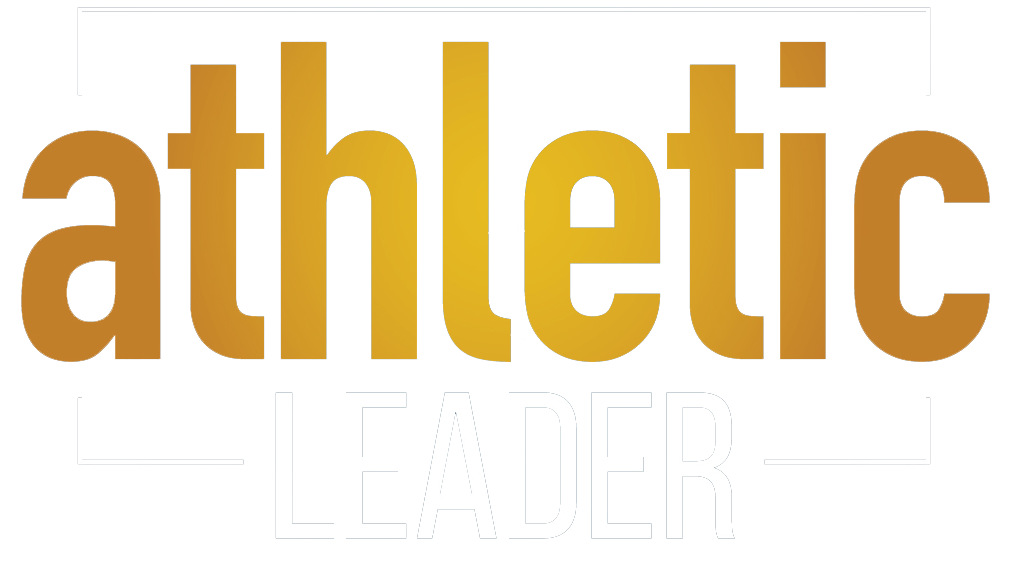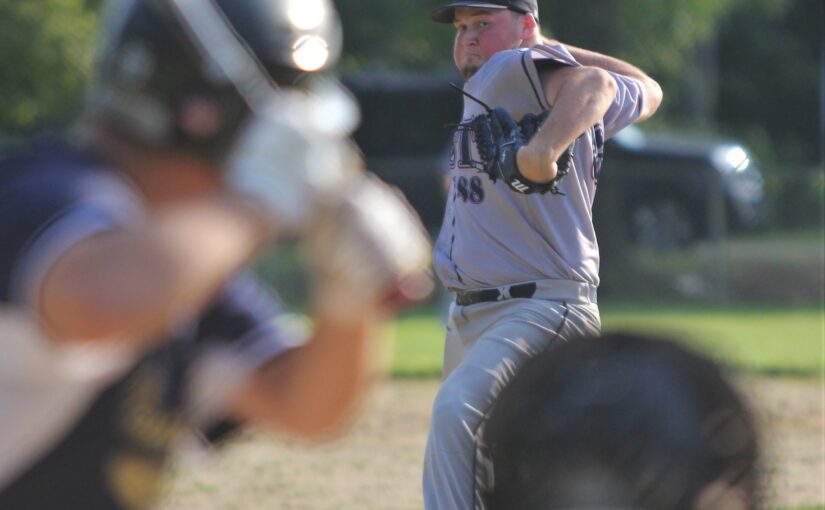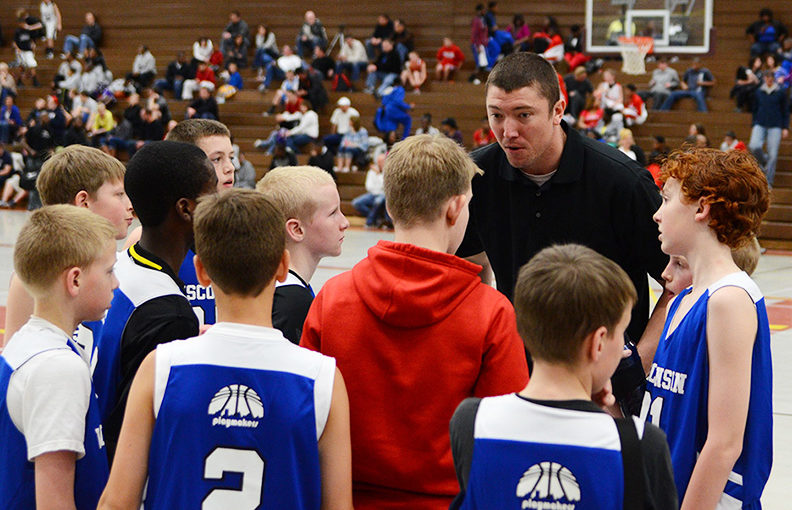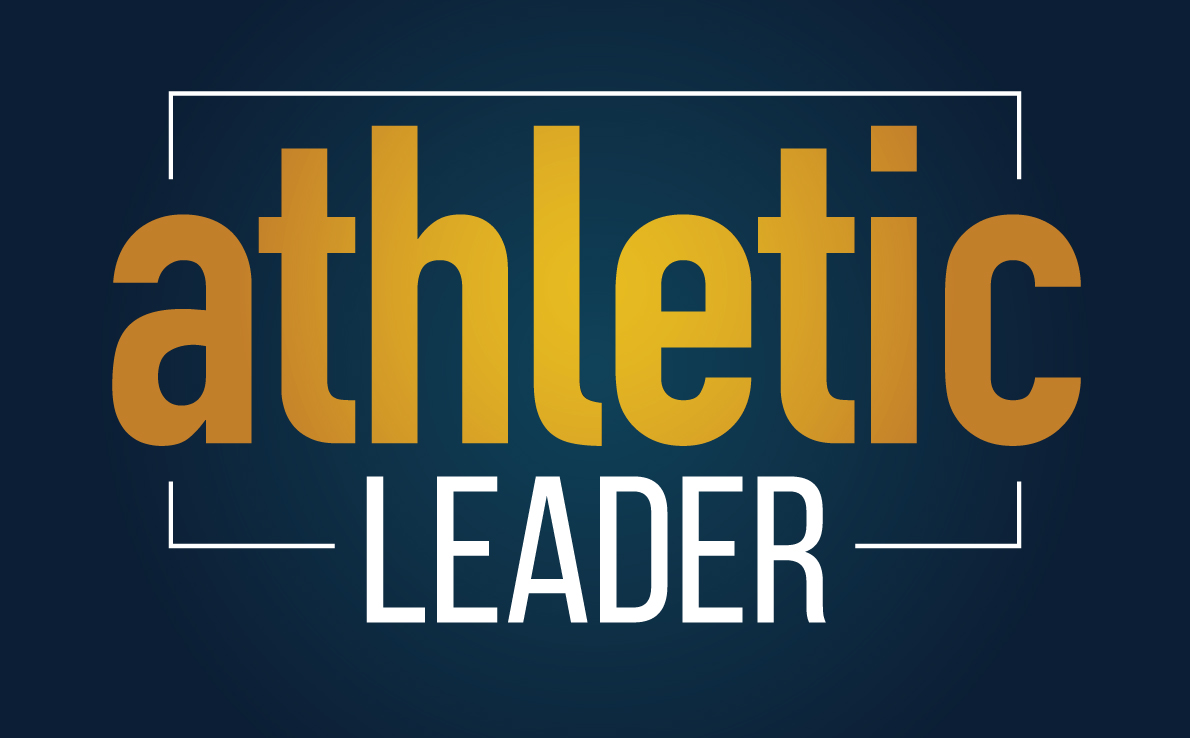UTSA to study well-being programs for NCAA student-athletes
Each day, collegiate student-athletes navigate the labyrinth of sports and academia while overcoming physical and mental hurdles.University of Texas San Antonio faculty members Seok Kang (communication) and Adel Alaeddini (mechanical engineering) will collect data over the next year to examine factors that impact student-athletes’ athletic and academic performance and to help them improve their overall well-being. The researchers’ goal is to enhance the well-being programs in college and university athletics departments around the country.
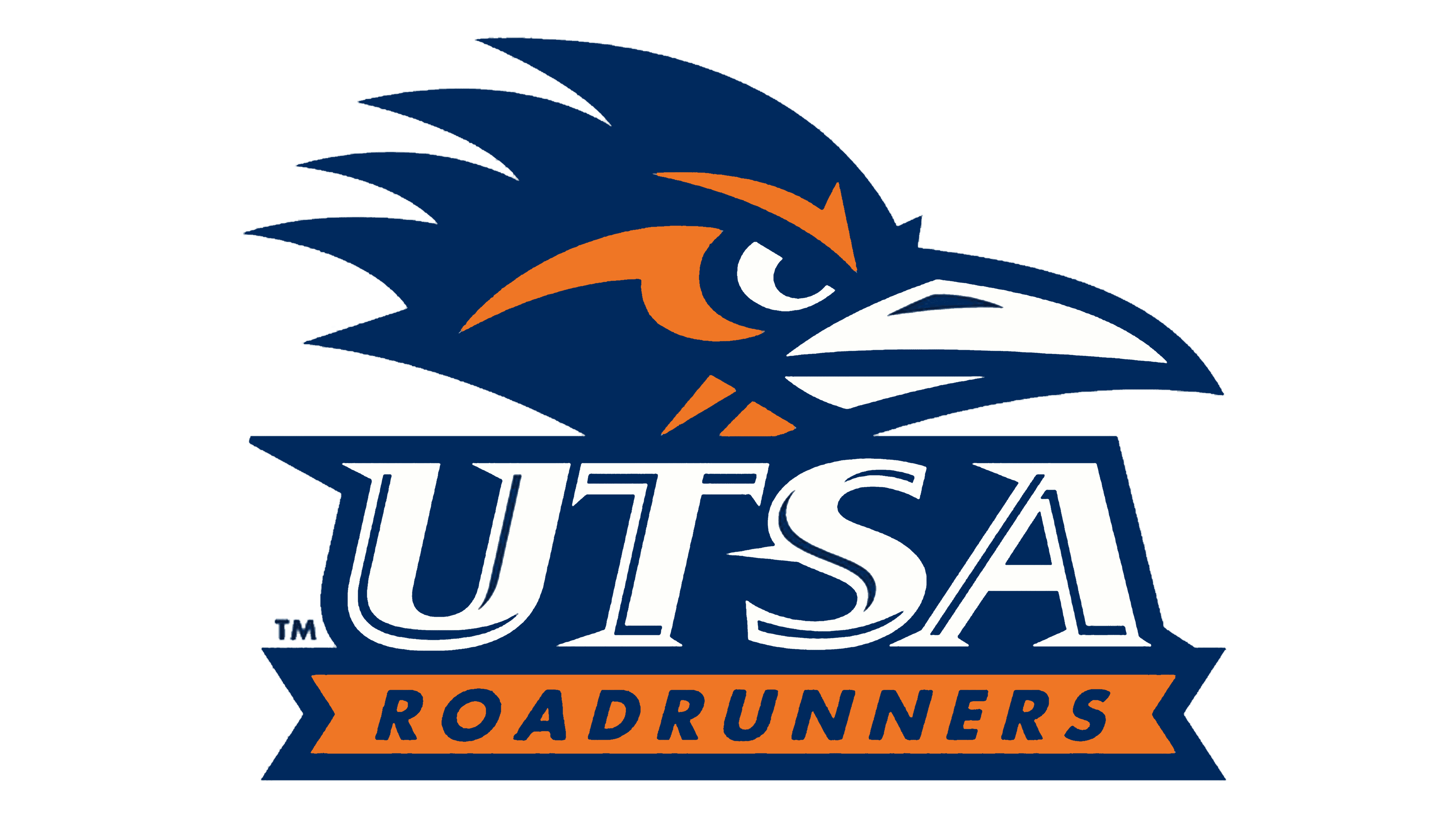 Kang and Alaeddini have received $15,000 in funding from the American Athletic Conference Academic Consortium for their research proposal, “Student-Athletes’ Road to Success in College Life: Factors Influencing Well-Being, Athletic and Academic Performance.”
Kang and Alaeddini have received $15,000 in funding from the American Athletic Conference Academic Consortium for their research proposal, “Student-Athletes’ Road to Success in College Life: Factors Influencing Well-Being, Athletic and Academic Performance.”
“The precedent of academic and athletic performance is student well-being,” said Kang, a UTSA professor specializing in digital communication. “The goal of this project is to find the factors that influence the high academic and athletic performance of student-athletes and the role of well-being in successful performance.”
Student-athletes often face challenges as they juggle their athletic and academic identities, a scenario that leads to decreased well-being. These hurdles stem from factors such as prolonged absences from classes, scarce leisure time, financial instability, compromised training due to academic commitments, and a constant sense of being overwhelmed, emphasizing the need for these students to cultivate their potential beyond the realm of sports for a promising future.
The UTSA researchers will send questionnaires to 500 student-athletes enrolled at the 15 universities in the American Athletic Conference. The data they collect will reveal the student athletes’ experiences, motivations, attitudes, well-being, and evaluations of their academic and athletic performance.
“The best way for us to learn about their well-being is to hear from them directly on how they feel, how they evaluate their athletic life in college. This research will provide schools in The American with an important guideline for student-athletes and their welfare, their performance, and well-being,” said Kang.
The researchers will apply self-determination theory and the theory of planned behavior to examine the factors influencing student-athletes. Self-determination theory explains which motivational factors contribute to behavioral outcomes. Combined with the theory of planned behavior, the researchers will be able to discover how the student-athletes’ attitudes influence their behavior and explain the outcomes of their intentions. Once data is collected by the end of 2023, the researchers will analyze the data through machine learning and text mining. Kang calls this analytical approach “computational communication.”
Alaeddini, an associate professor in mechanical engineering with expertise in machine learning, text mining, and data mining, will aid Kang in quantifying the data the researchers collect. They’ll apply the use of natural language processing to classify the data, increasing the accuracy of research results using algorithms.
“Using machine learning provides better predictability of these factors we’re examining. Since it’s more scientific, it catches things that manual analysis could not,” said Kang. “We’ll have better quality results and analysis.”
He added, “If we find that some factors more strongly predict the students’ academic performance, well-being, and athletic performance than others, we’ll be able to provide a practical suggestion by telling The American that when they emphasize or pay more attention to these factors, the well-being of student-athletes will improve. This means the conference can develop meaningful, new programs and coaches can leverage this, knowing what factors can positively contribute to academic and athletic performance and well-being.”
*This was an issued press release from the UTSA media relations department.
